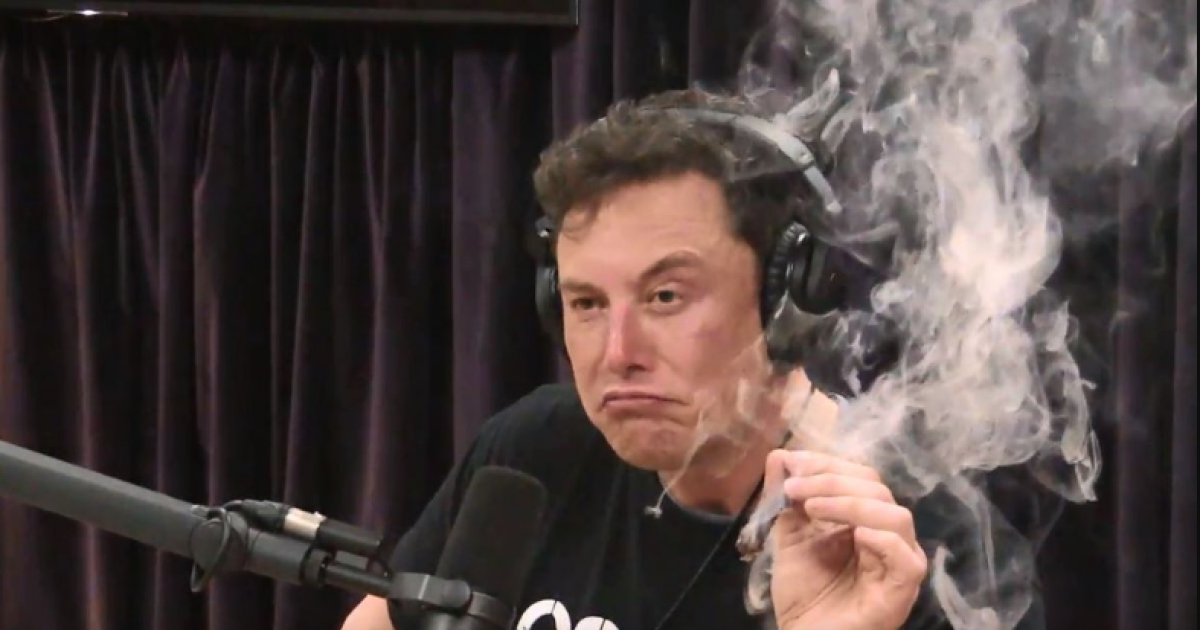Recent reports from the Wall Street Journal have stirred unease among executives and board members overseeing Elon Musk’s diverse range of enterprises. The growing concern stems from allegations of Musk’s alleged drug use, with anonymous sources familiar with Musk and his businesses suggesting an ongoing consumption of substances, including ketamine, despite Musk’s claim of holding a prescription for the drug as an antidepressant.
The Wall Street Journal report delves into Musk’s purported use of various substances, such as LSD, cocaine, ecstasy, and psychedelic mushrooms, often in private settings. Musk’s legal team counters these claims, asserting that the billionaire undergoes routine and random drug testing at SpaceX, consistently passing without any issues.
Musk’s public use of marijuana alongside podcaster Joe Rogan in 2018 prompted a Pentagon review of his federal security clearance tied to his role as CEO of Space Exploration Technologies Corp. In response to recent allegations, Musk took to X (formerly Twitter) to address the situation, stating, “After that one puff with Rogan, I agreed, at NASA’s request, to do 3 years of random drug testing. Not even trace quantities were found of any drugs or alcohol.”
The report also suggests that Tesla director Linda Johnson Rice, in office since 2017, chose not to seek reelection due to frustration with Musk’s behavior and alleged drug use. This development adds a layer of scrutiny to Musk’s leadership across his ventures, which include Tesla, SpaceX, X (formerly Twitter), The Boring Co., Neuralink, and xAI, an artificial intelligence startup.
Elon Musk’s enterprises have consistently been at the forefront of technological innovation, but the recent allegations of drug use have cast a shadow over his leadership. As the controversy unfolds, stakeholders and the public will be closely watching how Musk addresses these allegations and manages the potential impact on his role in steering some of the most influential companies in the tech industry.




